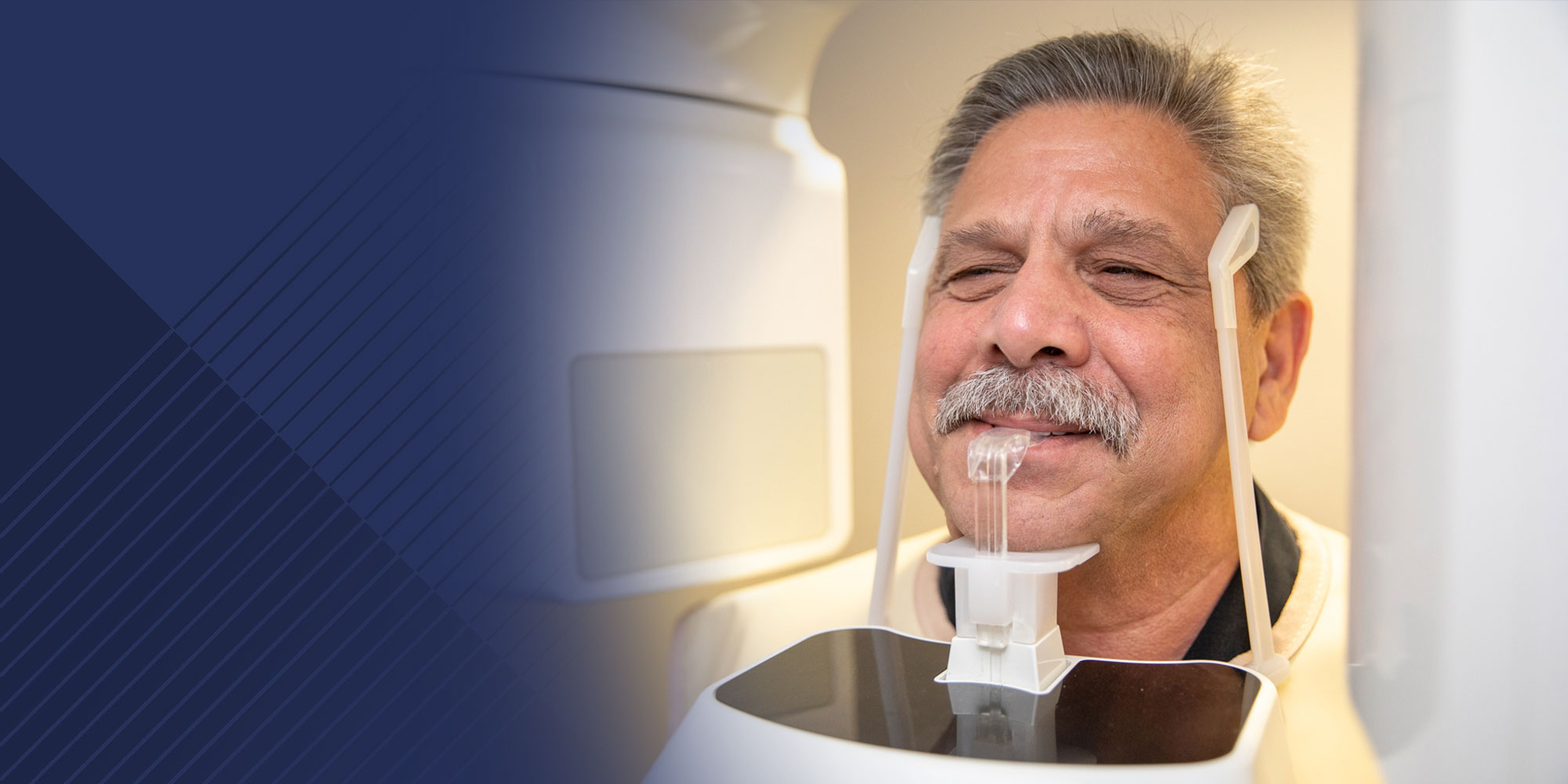
If you have one or more missing teeth or have had a tooth extracted, restoring proper bone levels in your jaw is necessary. As the foundation of your smile, your bone plays a vital role in your oral health and function. It supports your teeth and helps preserve your facial structure. But it needs the stimulation of tooth roots to remain dense and strong. When teeth are extracted or lost, the jawbone no longer receives stimulation and will resorb and shrink.
Bone loss can lead to shifting and loosening of remaining teeth, lip and cheek support loss, and jaw joint issues. Without proper bone support, you may be unable to replace your teeth with dentures or dental implants. To help ensure that these functional and aesthetic consequences do not occur or worsen, our team at Denver, CO provides bone grafting in Denver, CO. This procedure restores the jawbone volume or density lost due to missing teeth to improve oral health and function.
Bone grafting seems like a functional treatment to improve oral health. However, this treatment also has more widespread benefits. Tooth and bone loss can lead to numerous problems affecting your eating ability, oral and physical health, and personal well-being.
By restoring bone levels in your jaw, our Denver, CO team can treat infection and disease, replace missing teeth with restorations like dental bridges and dentures, and prepare you for dental implants. Having a smile restored to proper function and esthetics can significantly improve your confidence, health, and quality of life!
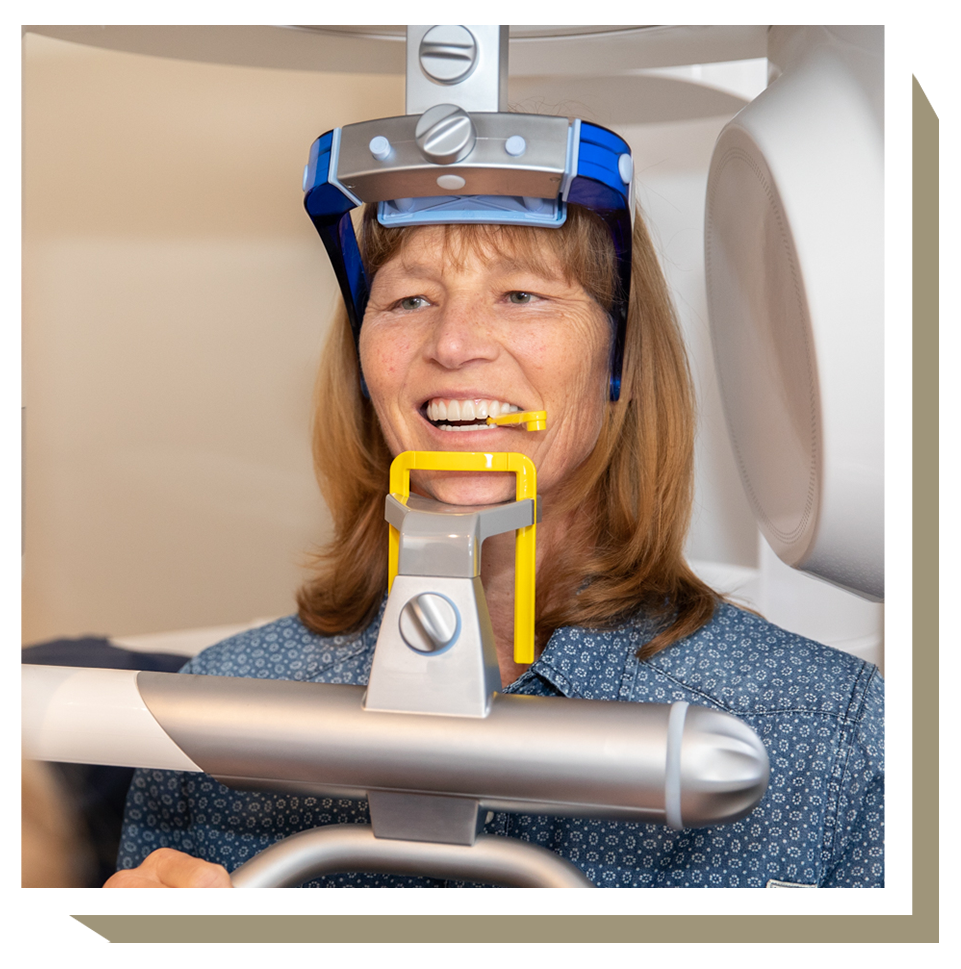
Bone grafting is a surgical procedure that involves placing dental bone graft material in areas where the bone has resorbed or a tooth has been extracted. We offer bone grafting in Denver, CO to restore the proper density, height, and width of the bone in the jaw. We partner with multiple third-party financing companies to make your treatment affordable and achievable. In general, bone grafting may involve one or more of the following procedures:
Socket preservation is a bone grafting procedure our team completes after tooth extraction. This involves packing bone graft material into the empty tooth socket. Socket preservation slows the resorption process where the tooth is missing. It can also help preserve the health of the bone until a dental implant can be placed.
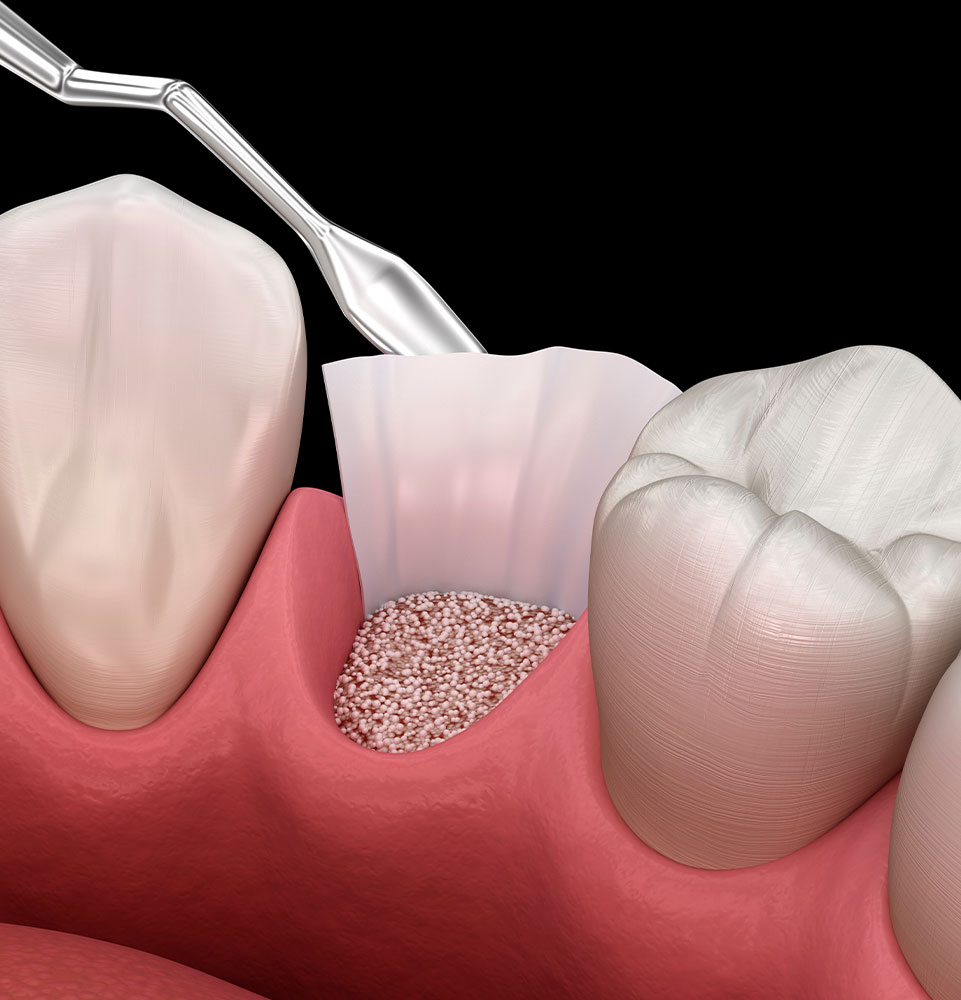
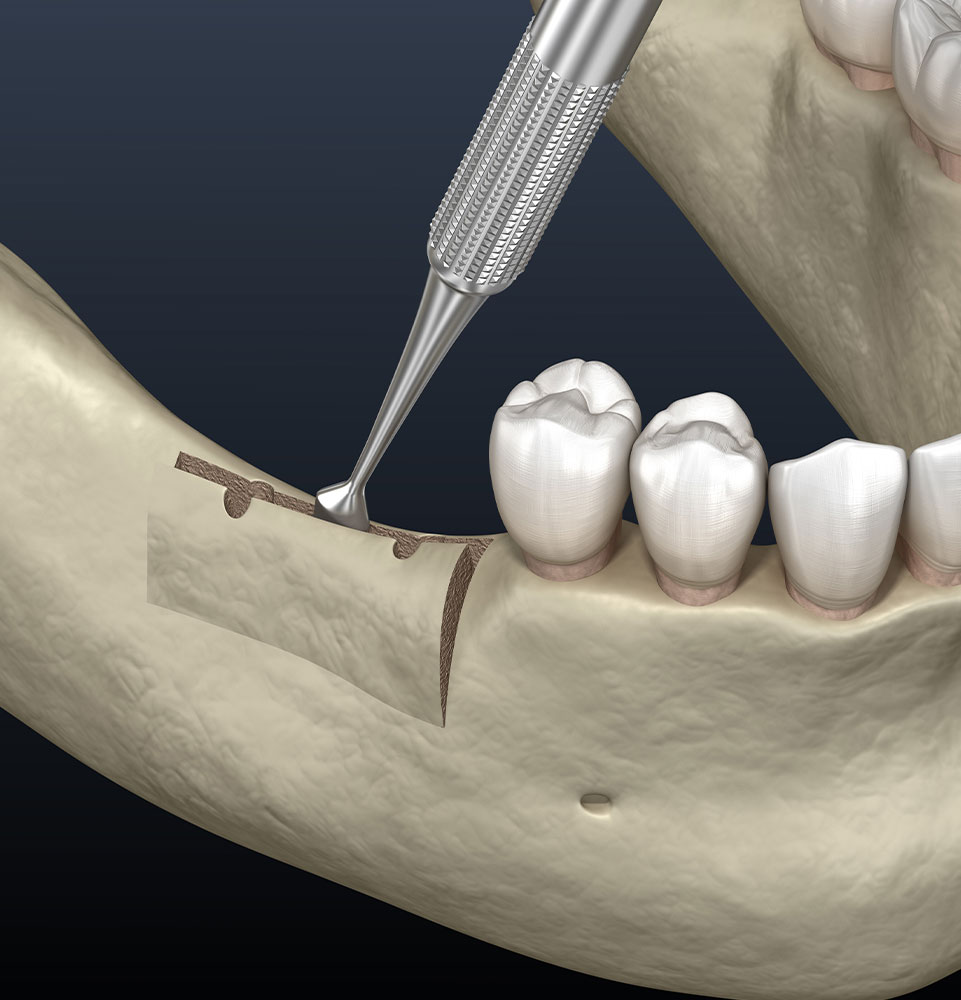
Bone grafting is a specialized oral surgery treatment that involves replacing bone levels in the jaw. Usually, bone loss is ongoing due to missing teeth and needs to be treated to support a denture or dental implant.
A bone grafting procedure involves taking bone from the patient or a donor source and placing it at the site of bone resorption. Once the sutures are in place, the area can heal for a few months to let the bone grafting material and jawbone integrate.
A sinus lift is a surgical procedure to increase bone in the upper jaw for dental implants. It is performed when bone height is insufficient or the sinuses are too close to the jaw, complicating implant placement. The procedure involves making an incision in the gum, elevating the sinus membrane, and placing a bone graft, which integrates with the existing bone over several months to provide a solid foundation for implants.
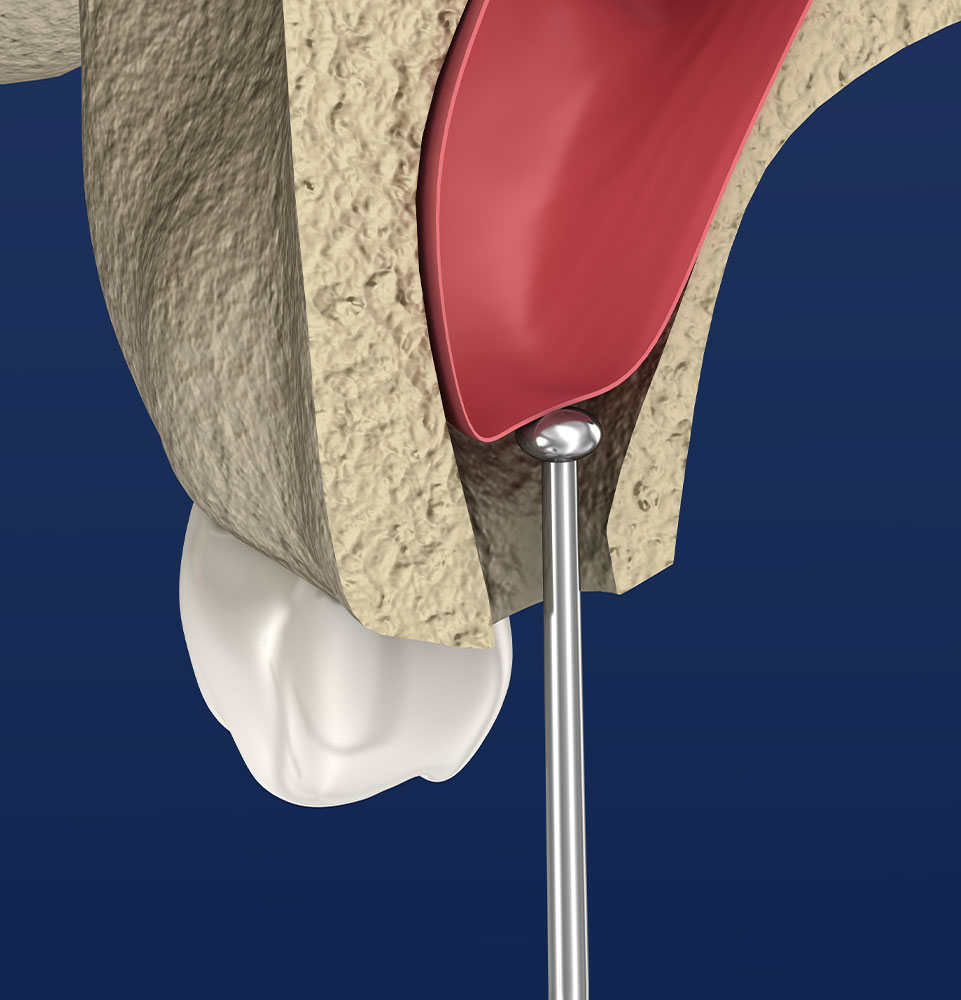
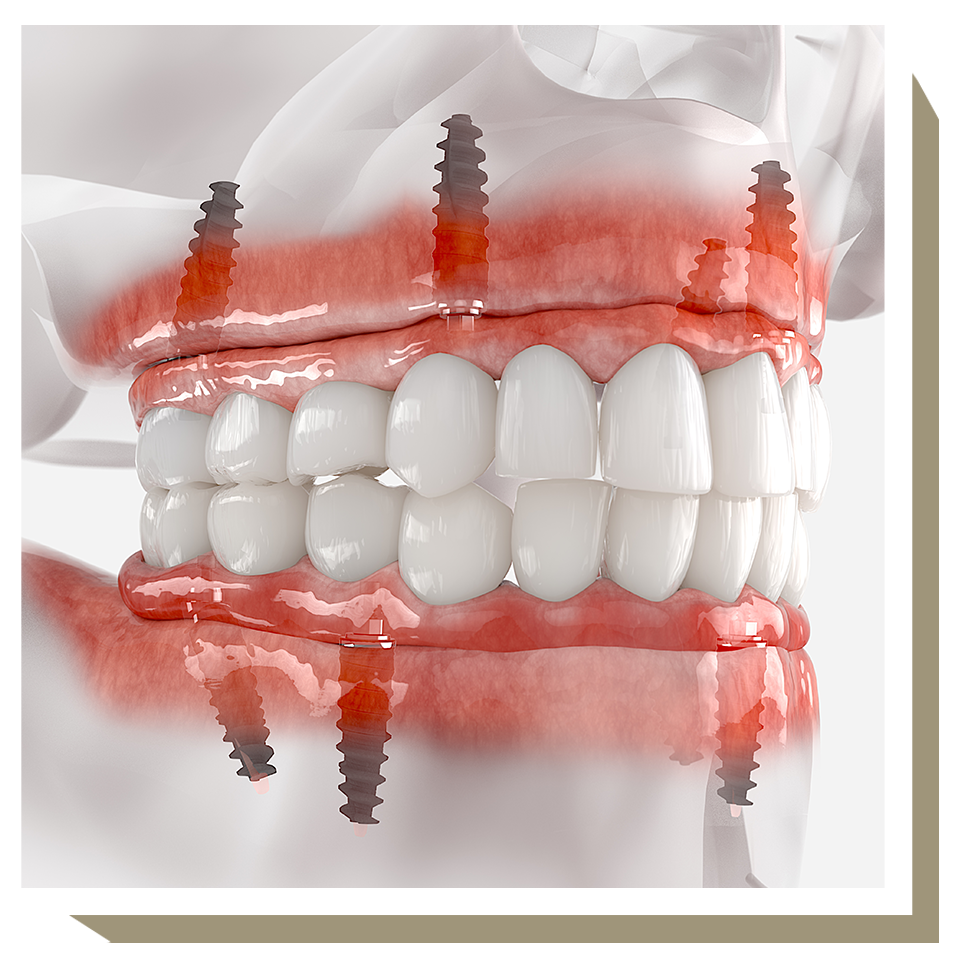

Round Rock is owned by Tom Kennedy, DDS under Affordable Dentures & Implants – Texas, PLLC
Denver is owned by Anthony Narajna, DDS under Affordable Dentures & Implants – Denver, PLLC
Advanced Dental Implant Center are part of a professional affiliation of dental implant practices operated by oral surgeons, periodontists, prosthodontists, and restorative dentists. With the specialized techniques used by Advanced Dental Implant Center, such as zygomatic and pterygoid implants, nearly all patients qualify for same day dental implants from a dental perspective. Prospective patients require an initial workup that includes an oral examination, 3D radiographic evaluation, and medical history consultation. Some patients with certain medical histories may not qualify for surgical treatment. “Teeth-in-a-day”, “one day implant teeth”, “same day implant teeth”, etc. refers to the fact that on the day of surgery, patients will have teeth removed (unless all teeth are already missing, dental implants placed, and a screw retained prosthesis secured to these implants on the same day as the surgery. While this first set of teeth are permanent in the fact that they are secured to the dental implants by screws, these teeth are typically not the final set of teeth as the patient will be allowed to heal prior to the delivery of the final set of teeth. Furthermore, the patient will be allowed to suggest desired changes to the initial set of teeth prior to the fabrication of the final set of teeth. The initial set of screw retained implant teeth are permanent in the fact that they are not removable by the patient and can only be removed by personnel in a dental office. With proper care and maintenance, dental implants can last a lifetime depending on the age of the patient when the implants were originally placed. Studies show that dental implants can last over 25 years with proper home care and regular professional maintenance.
© All rights reserved